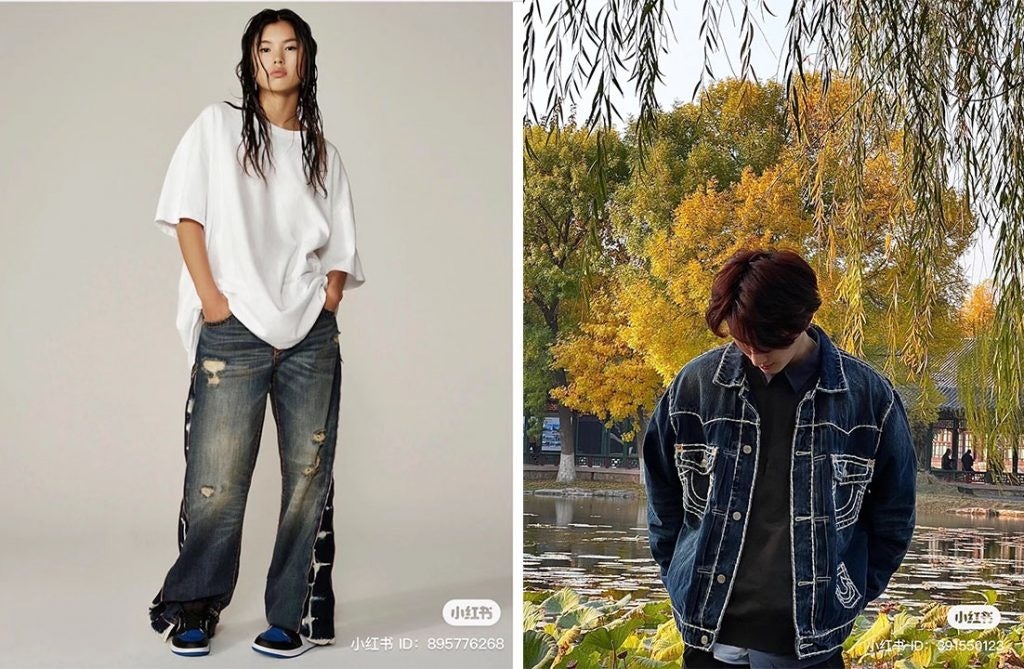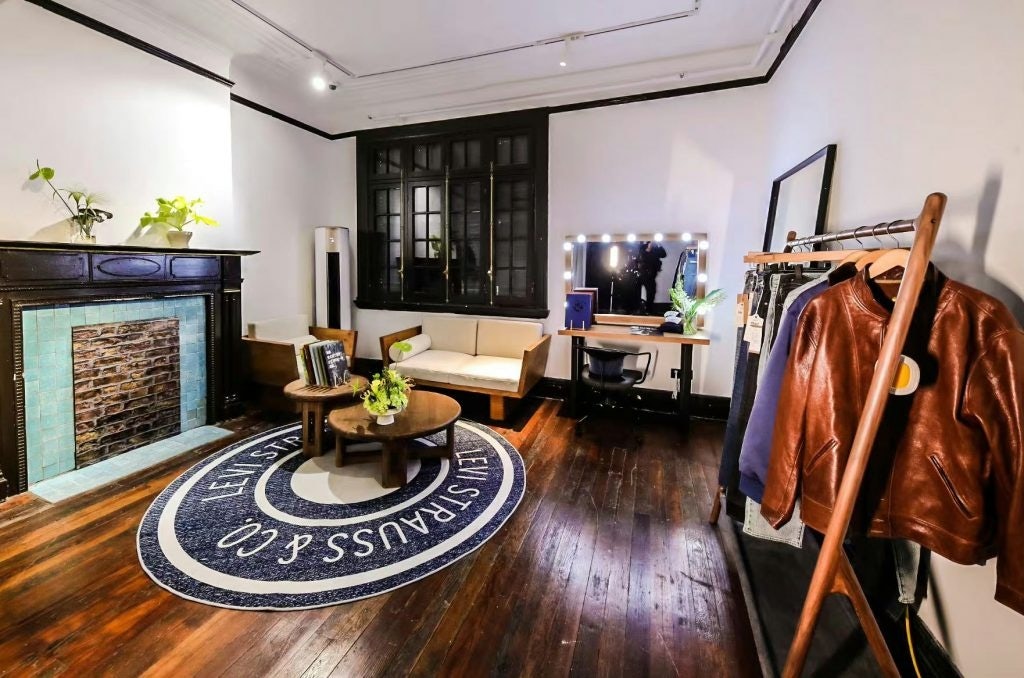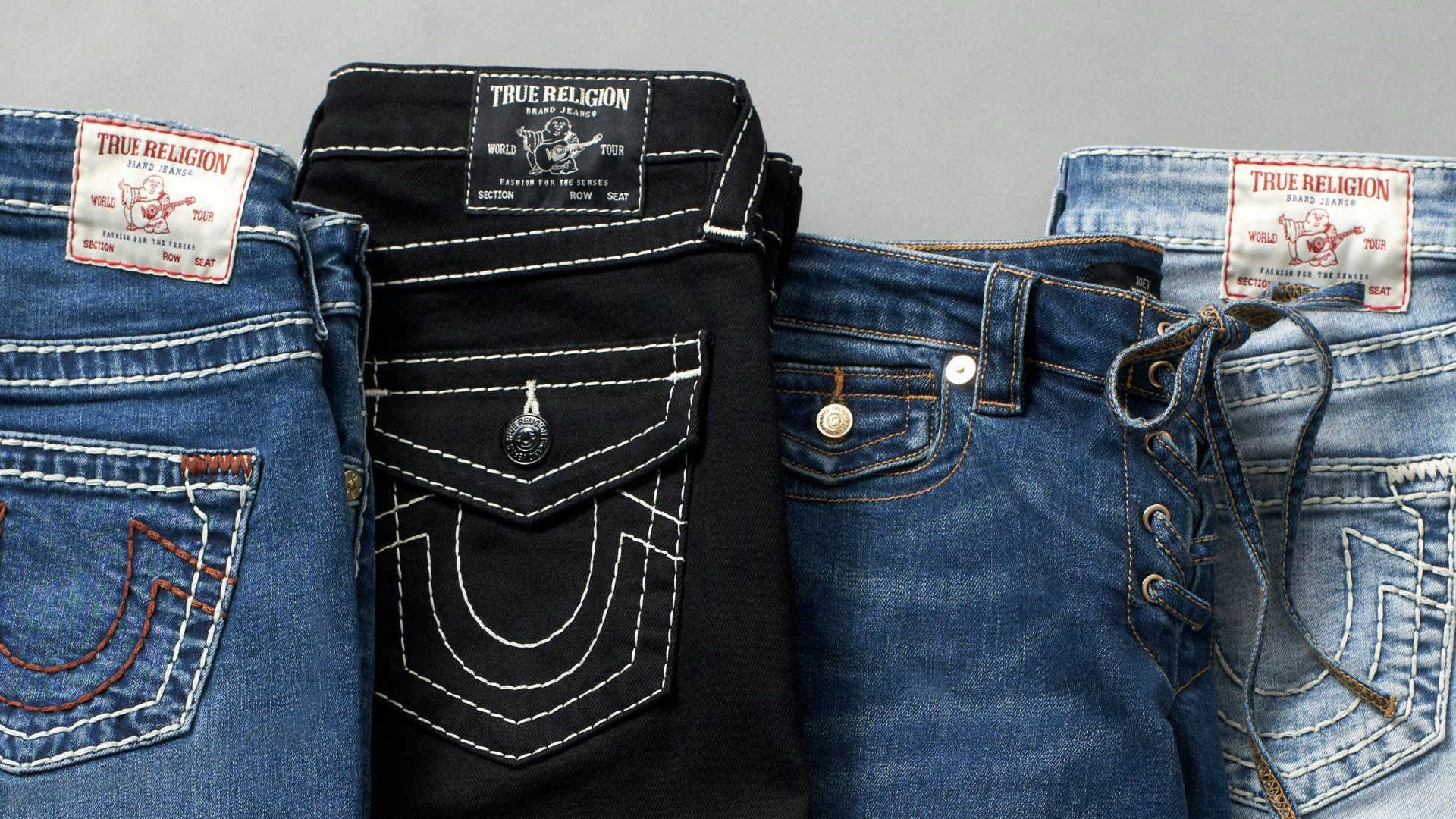What happened
American denim and sportswear brand True Religion is finally entering the China market as part of its long-term global expansion strategy. The plan includes opening 65 freestanding and in-store shops by 2026, with hopes of operating a total of 108 offline locations by 2028. In an interview with WWD, the brand said the first stores will open in the first quarter of 2024, with Beijing and Shanghai at the top of the list. Additionally, it plans to launch on China's leading e-commerce platforms, such as Tmall, JD, Douyin and Dewu.
This expansion will be done in partnership with Aurorae Group, owner of Japanese denim label Evisu, who will help True Religion sell existing products and design new items exclusively for the Chinese market. It is anticipated that by 2026, China will account for 10 percent of True Religion's global brand volume.
The Jing Take
When it comes to China, True Religion has big ambitions. Although Levi's and Guess have achieved some popularity in the country, the local denim market is not dominated by one name, making it fair game for any brand.
Currently, the American fashion house has gained some recognition through netizens sharing their purchases on social media. However, True Religion will need to appeal to a wider range of consumers to achieve its expansion goal. This is where Aurorae Group comes in.

As a global fashion and lifestyle group based in Asia, Aurorae Group has a deep understanding of local consumers. In order to leverage this wealth of knowledge, True Religion has given the company autonomy in designing local products and managing both online and offline sales, facilitating a smooth entry into China's competitive market.
"We'll be able to learn so much about the market from Evisu's experience, plus there will be great synergies between the brands," said Michael Buckley, chief executive officer of True Religion, to WWD.
In addition to the Aurorae Group's expertise, True Religion can also leverage fashion trends like Y2K or American Retro-core, which often incorporate denim pieces, as well as pop-up shops to attract young customers. For instance, Levi’s launched Levi’s Space on Shanghai's Yuyuan Road to showcase the brand's heritage and create an immersive experience for audiences to explore the world of denim. True Religion can consider similar strategies to capture the Chinese market.

The Jing Take reports on a piece of the leading news and presents our editorial team’s analysis of the key implications for the luxury industry. In the recurring column, we analyze everything from product drops and mergers to heated debate sprouting on Chinese social media.


